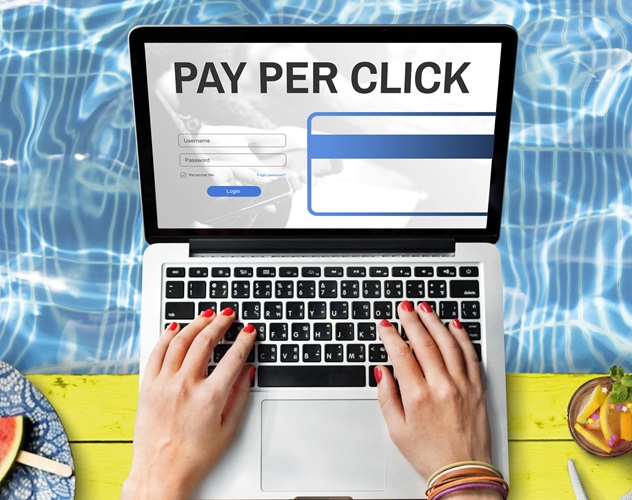How to Create a Conversion-Optimized Website

Your website is a critical tool in your marketing arsenal. We’ve seen firsthand how a well-optimized site can drive more traffic, generate leads, and ultimately convert visitors into loyal customers. But what makes a website truly conversion-optimized? Conversion rate optimization (CRO) is the process of enhancing your website to increase the percentage of visitors who […]
Unlocking Success with Paid Search!

Ready to take your online presence to new heights? Dive into the world of Paid Search and supercharge your visibility! What is Paid Search? Paid Search, also known as Pay Per Click (PPC), is a targeted advertising strategy where you bid on keywords to have your ads appear at the top of search engine results. […]
Optimizing Paid Search Campaigns

Recently we’ve had several new customers with existing paid search campaigns come to us. As we have taken over these campaigns, we’ve come across a basic mistake that other providers make: failing to weed out negative keyword phrases. This is a pretty basic tenet that, when done diligently, helps ensure that your ads appear in […]
A Look Back, A Look Ahead
What did you measure this year? All of us measure the bottom line but what else? Did you measure the number of new customers / clients? What about number of leads and number of those leads that converted into clients? Number of sales online? Number of new newsletter signups? Number of fans or followers on […]
Pay Per Click vs. Organic Search
If you are contemplating boosting traffic to your web site and therefore sales in your business, the first question you need to ask yourself is whether you should use organic search or pay per click. First let’s define the terms. Pay Per Click (PPC) is an advertising campaign where you pay the search engine (such […]
6. What words do I expect people to have searched for when they click through to my site?
Now the conversation turns very clearly to Search Engine Marketing (SEM). There are many facets to SEM. Two of the biggest are Search Engine Optimization (SEO) and Pay Per Click (PPC). So first you must determine what key words your customers search for. Notice how I worded that. Not what you think they search for […]
Online Marketing
We’ve been getting a lot of calls lately about SEO (Search Engine Optimization) and CPC (Cost Per Click) campaigns. Just today I had a gentleman ask about our rates for a CPC campaign. After I told him he said “I see that you also provide training, how much would it cost to train me to […]
